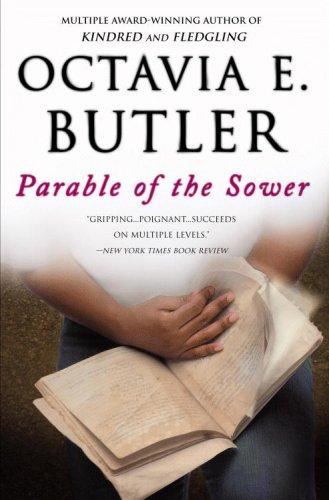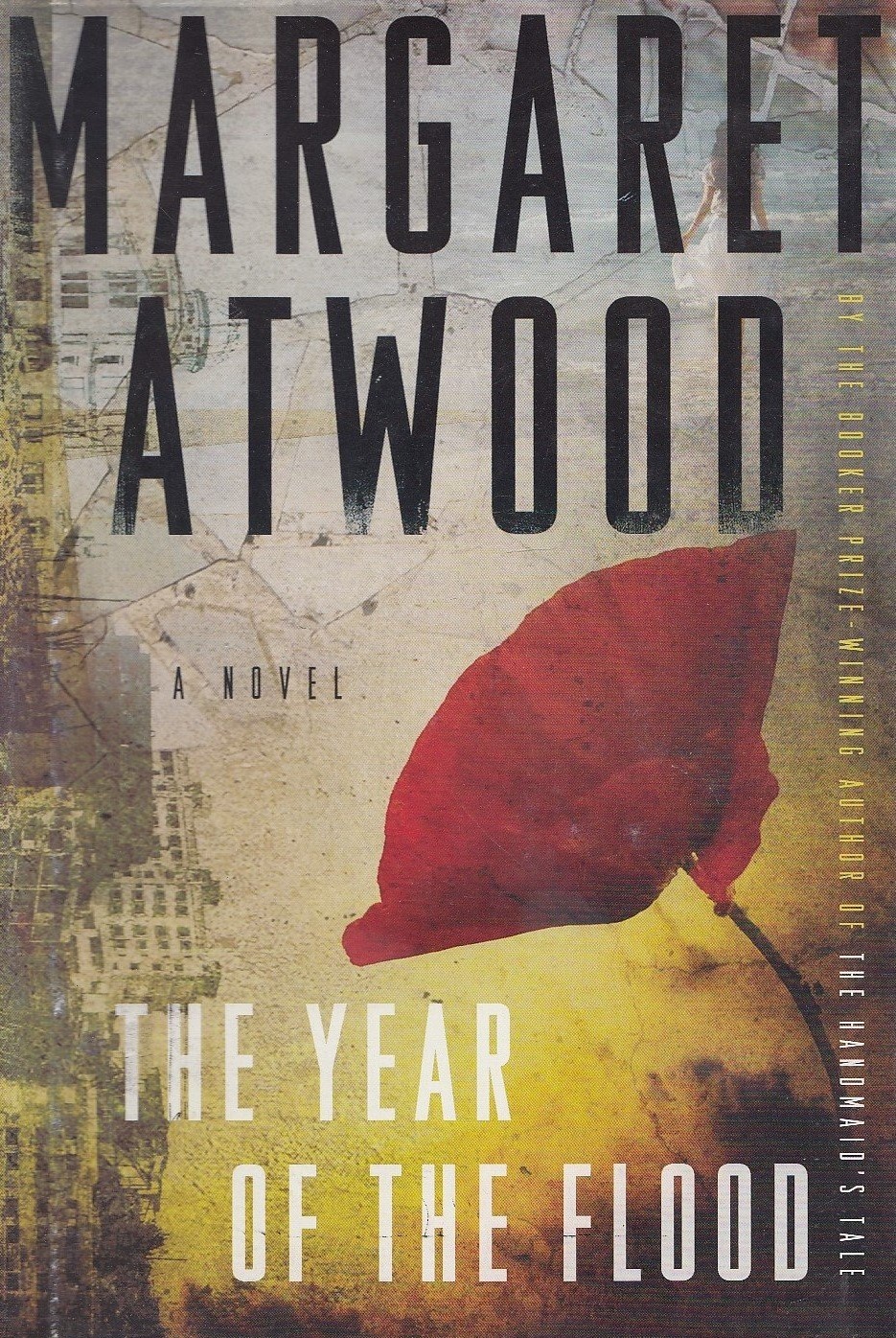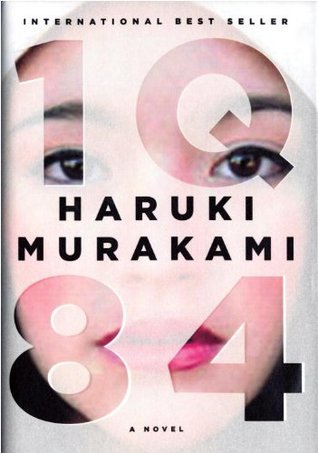cherold reviewed Another Country by James Baldwin
Review of 'Another Country (Penguin Modern Classics)' on 'Goodreads'
2 stars
I really wanted to like Another Country. I had read a brilliant essay by Baldwin and thought I'd like to read more, and while the most sensible thing might have been to read one of his non-fiction books, I'm more a fiction reader so I started with this.
It's interesting and literary but it's also slow and seems to lose energy as it goes along. It does a number of interesting things, such as changing focus to show you into the mind of a character you've only seen from the outside, but I didn't care deeply about any of those characters.
Another Country has a fairly strong, very desperate beginning, but when its most tortured character exits it leaves a hole Baldwin doesn't seem inclined to fill, and the more muted unhappiness of its cast left me enervated.
At the point I stopped, the only real reason to keep reading …
I really wanted to like Another Country. I had read a brilliant essay by Baldwin and thought I'd like to read more, and while the most sensible thing might have been to read one of his non-fiction books, I'm more a fiction reader so I started with this.
It's interesting and literary but it's also slow and seems to lose energy as it goes along. It does a number of interesting things, such as changing focus to show you into the mind of a character you've only seen from the outside, but I didn't care deeply about any of those characters.
Another Country has a fairly strong, very desperate beginning, but when its most tortured character exits it leaves a hole Baldwin doesn't seem inclined to fill, and the more muted unhappiness of its cast left me enervated.
At the point I stopped, the only real reason to keep reading would be to see if one eventually sees the world from the one major character who, two-thirds in, has only been seen from the third person. She's the most intriguing character for most of the book. But I can't work up enthusiasm to keep going.
Guess I'll try something non-fiction after all.























